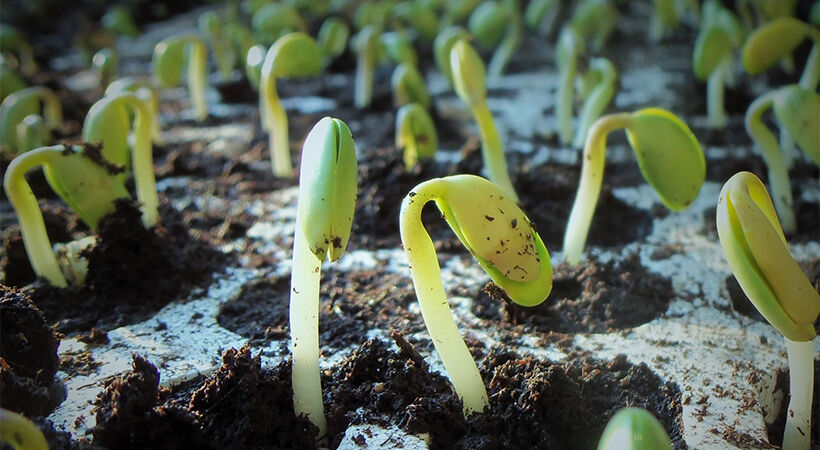
Image: Pixabay
University of Minnesota researchers have developed a conventional soybean variety resistant to aphids (Aphis glycines). According to the project's main researcher, Dr. Bob Koch, the objective is to achieve a seed that reduces the use of insecticides naturally.
“Research from Minnesota and other states shows that these varieties can be very effective at protecting soybean plants – protecting their yield by preventing aphid populations from growing. But the challenge is that they are not widely available,” Koch said.
Another element of their research is the use of remote sensing technologies to help farmers visualize where infestations are in their fields. Using satellite data, researchers were able to detect harmful levels of aphids. Farmers can then use this data to determine which crops would benefit from treatment and which would not.
{module Form RD}
Koch said this will be an important tool for farmers who are applying insecticide to their fields. Knowing which areas need the insecticide reduces the tendency to cover the field with insecticides and helps farmers opt for a more targeted application, which can also save money.
“Availability right now with aphid-resistant soybeans, especially in northern Minnesota and central Minnesota is very, very limited,” Lorenz said. “In general, the big seed companies don't really develop aphid-resistant soybeans... so my philosophy is that the more we develop, the better off we are in terms of options for farmers,” said Aaron Lorenz University professor and researcher.
By: Leonardo Gottems | agrolink














